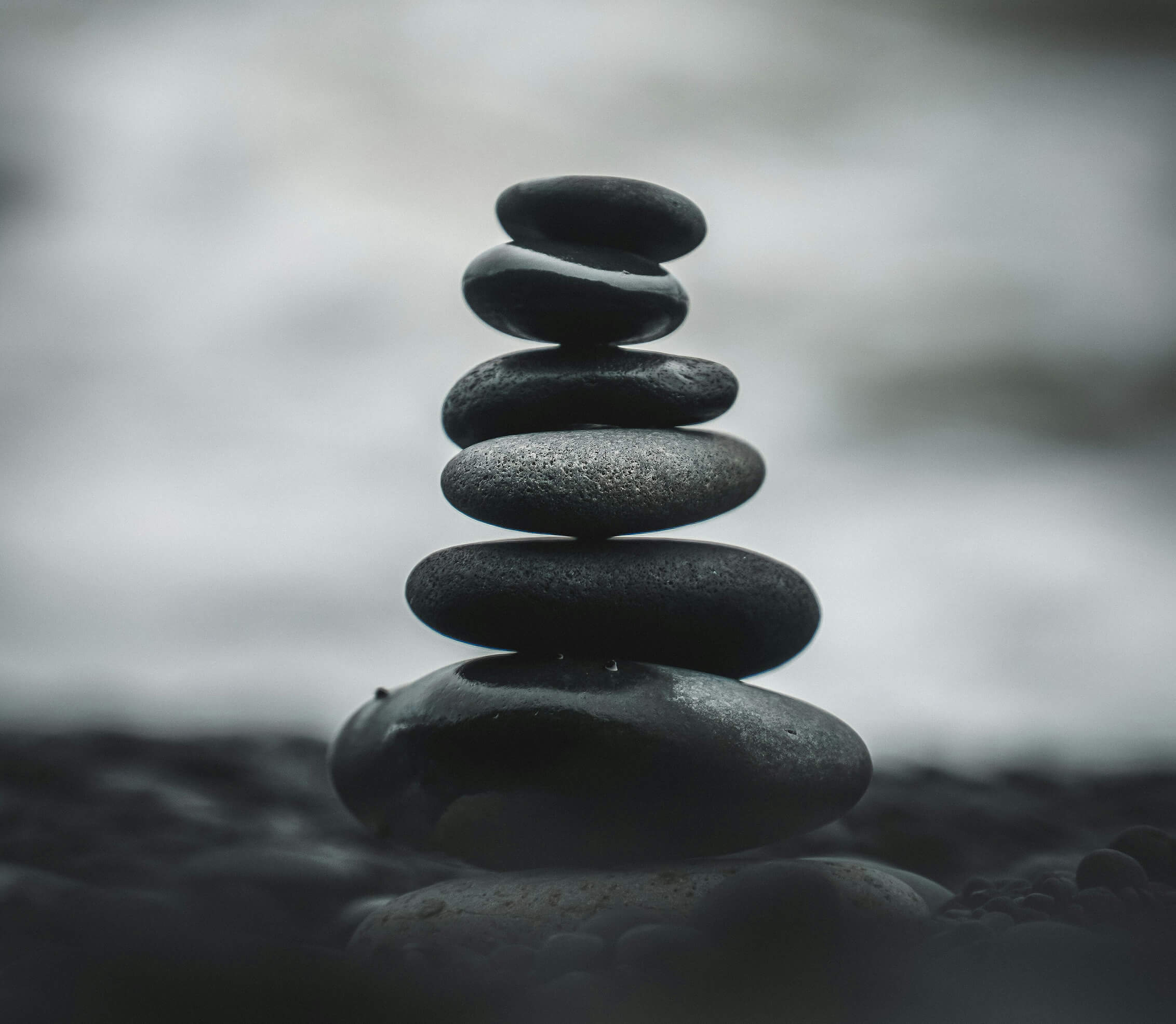3 Self-Care Practices That Don’t Feel Like a Chore

Let’s be honest: the word “self-care” is everywhere—and not always in a helpful way.
We’re told to meditate for an hour, wake up at 5am, drink green juice, stretch before bed, keep a gratitude journal, and somehow still have time for a full-time job, kids, friends, and life. It’s overwhelming. And ironically, the pursuit of “wellness” can leave us feeling more stressed out than before.
That’s not what soul-centered living is about. True self-care isn’t another box to check—it’s something that supports your spirit. It should fit into your real life, not fight against it. Here are three self-care practices that are simple, grounding, and—most importantly—don’t feel like a chore.
1. The 10-Minute No-Phone Walk
Yes, just a walk. But not just any walk.
This is a 10-minute stroll with no phone, no podcast, no playlist—just you and your surroundings. It could be around the block, in a nearby park, or even through your own backyard. The goal isn’t to burn calories or get steps. The goal is to be present.
You’ll notice things you usually miss: the way the light hits a tree, the rhythm of your breath, the quiet stirrings of your own thoughts. It’s a kind of moving meditation that reconnects you to the world and to yourself.
Why it works:
- It gives your nervous system a break from digital overload.
- Physical movement helps regulate stress hormones.
- Being in nature, even briefly, has measurable effects on mood and focus.
Soul-centered tip: Try pairing this walk with a question, like “What do I need more of right now?” and let the answer come without forcing it.
2. The One-Cup Ritual
We all drink something every day. Coffee. Tea. Lemon water. Whatever it is—turn it into a ritual.
Pick one cup a day (just one) and slow it down. Instead of sipping it while checking emails or rushing out the door, sit with it. Smell it. Feel the warmth in your hands. Let it be the only thing you do for a few minutes. This is not about perfection or aesthetics. It’s about attention.
Why it works:
- Anchoring yourself in a small moment builds presence throughout the day.
- It adds intentional stillness to your routine without requiring extra time.
- It helps shift your relationship to nourishment—from autopilot to appreciation.
Soul-centered tip: Use a favorite mug or glass for this ritual. That small act of care—choosing beauty over convenience—sends a powerful message to your subconscious: I matter.
3. The “Text One Person Who Gets It” Practice
You know that one person you can text when you’re feeling off, and they won’t try to fix you? The one who just gets it? Text them. Not to complain. Not to vent. Just to check in and connect. Self-care isn’t just about solitude. Sometimes what we need most is to feel less alone. A simple message like, “Thinking of you today—hope you’re doing okay,” is often enough to create a ripple of warmth.
Why it works:
- Human connection is essential for emotional regulation and wellbeing.
- It pulls you out of isolation and into shared experience.
- Giving support often boosts your mood as much as receiving it.
Soul-centered tip: If texting feels hard, send a voice memo. Hearing your own voice say something kind can be healing—for them and for you.
The Big Shift: From “Fixing” to “Tending”
There’s a difference between trying to fix yourself and learning to tend to yourself. Fixing implies there’s something wrong. Tending implies care, presence, and ongoing relationship. That’s the heart of soul-centered self-care—it’s not about becoming perfect. It’s about becoming more you. These three practices don’t require fancy tools or big time investments. What they do require is honesty. Can you give yourself 10 quiet minutes? A sacred cup of something warm? One real connection?
That’s enough. You’re enough.
Conculsion
Soul-centered self-care is not about doing more. It’s about doing what matters—consistently, quietly, and with kindness toward yourself. You don’t have to overhaul your life to feel better. Just take a walk, sip your drink, send the text. Then do it again tomorrow. That’s how balance builds: not all at once, but one small act of care at a time.



